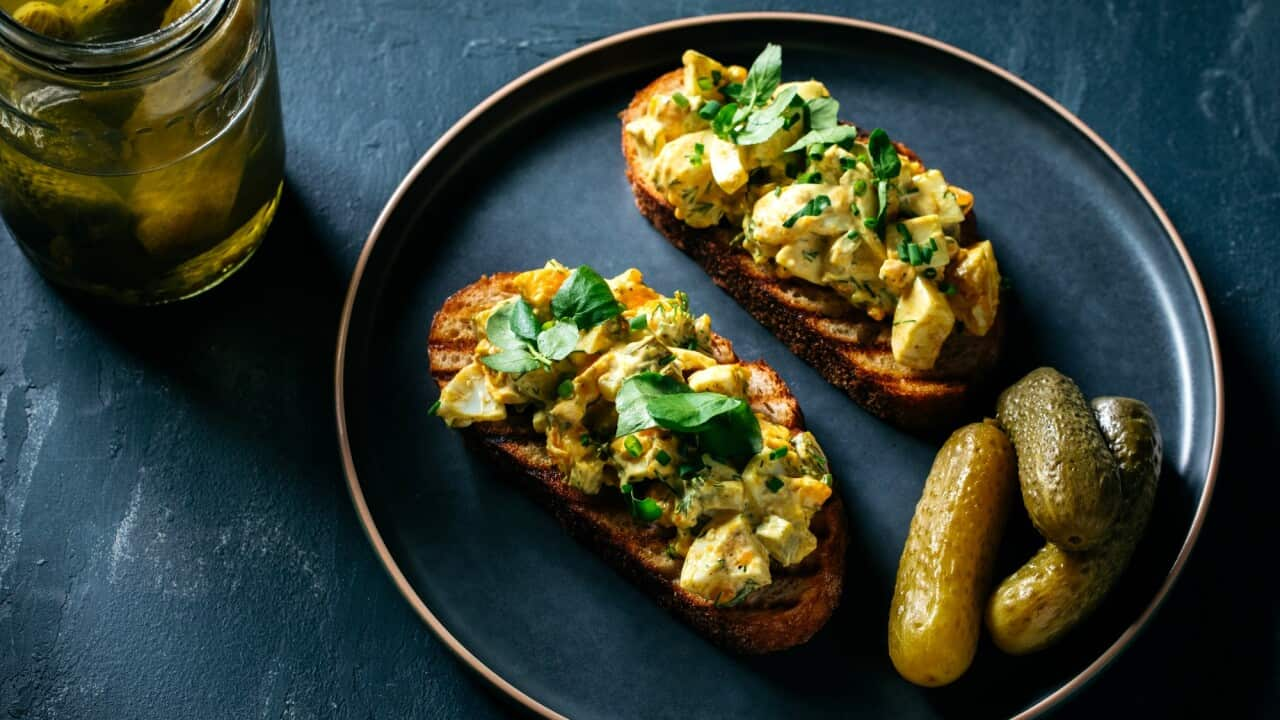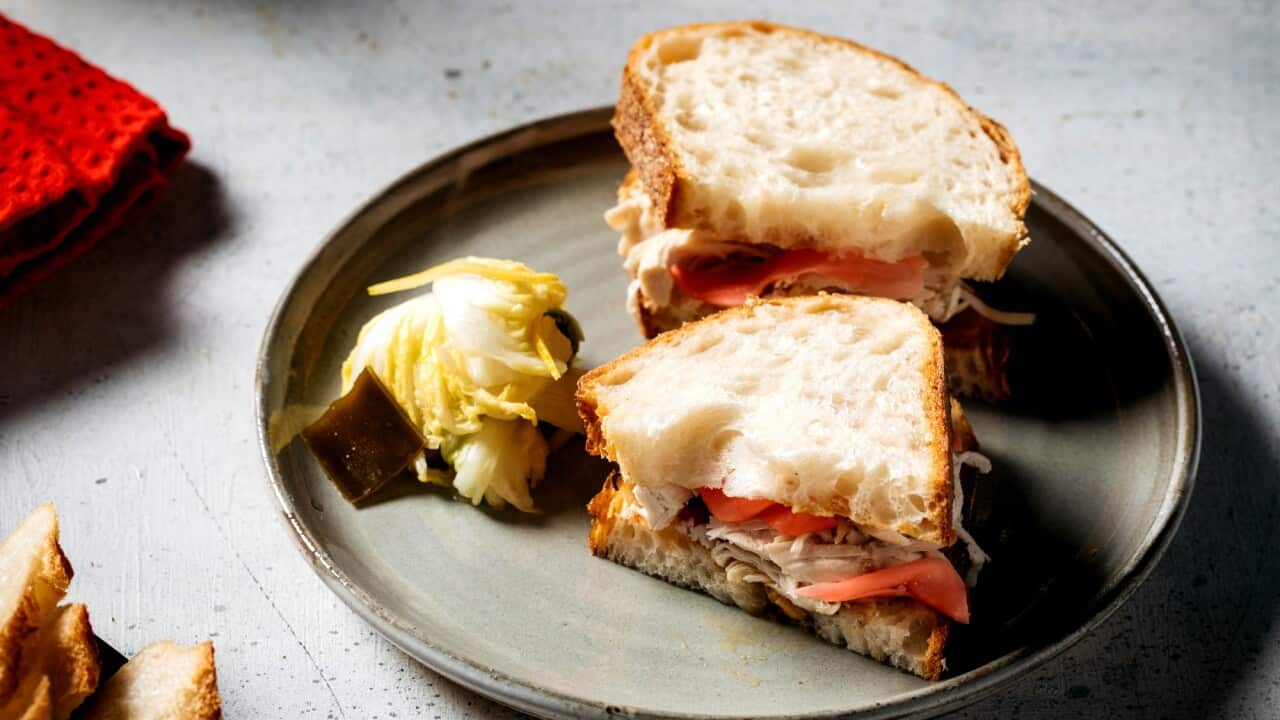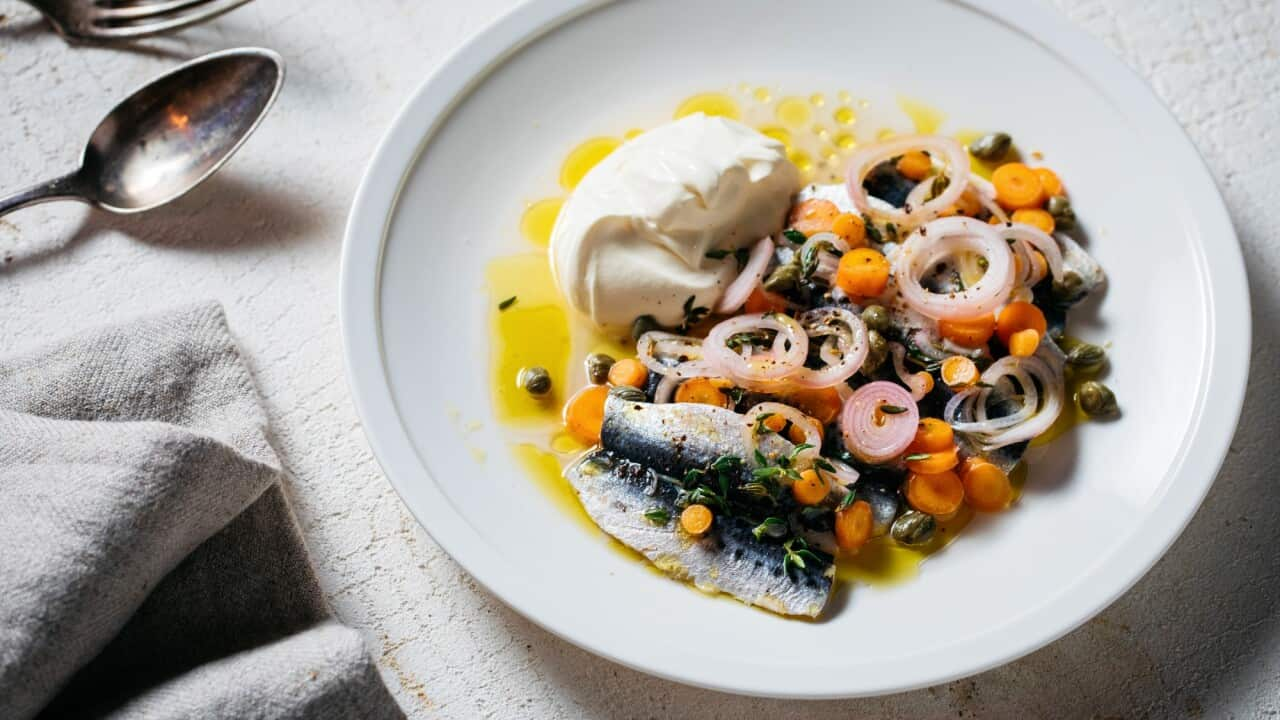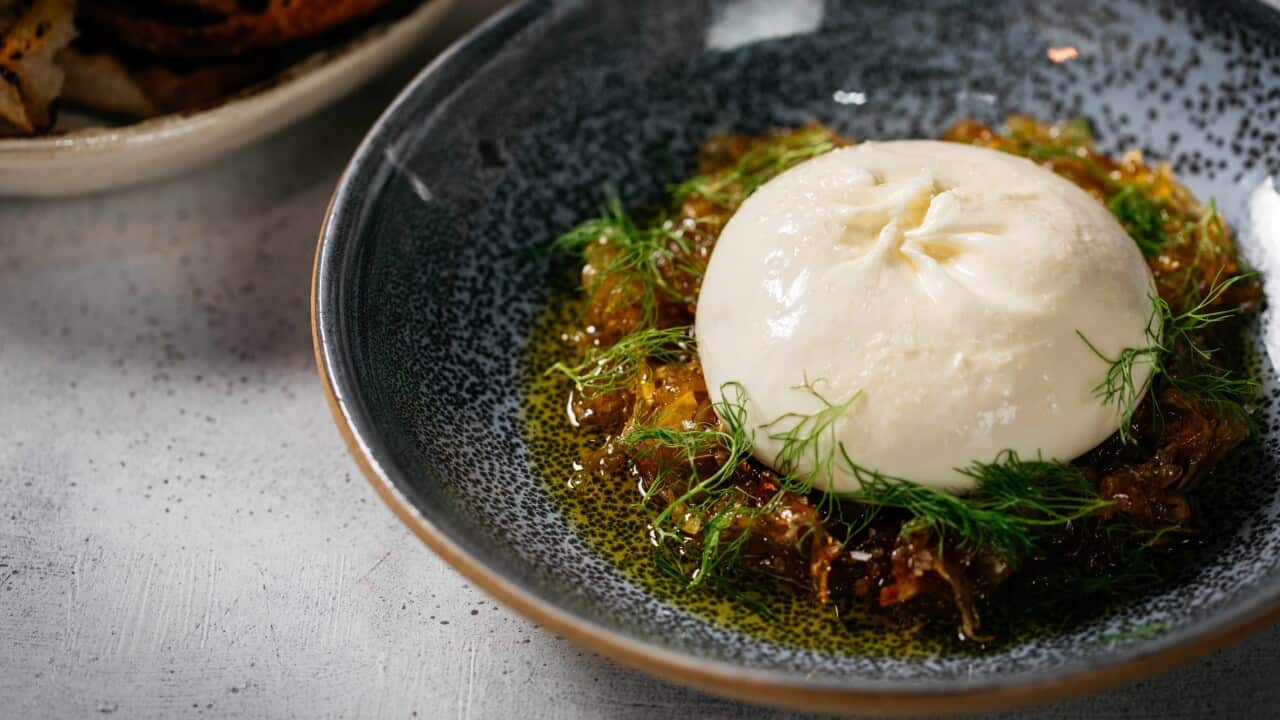Achar, sandan, athanu, gunda, urukai, uppinakayi or pickle is one of the most common condiments in Indian kitchens.
A condiment is made by preserving vegetables, fruit, fish or even poultry in a blend of oil with aromatic spices and salt. It's often served as a condiment with a main meal but can also elevate sandwiches, wraps or salads with its bold, tangy flavour. Making pickles is almost an art and requires precision and an understanding of how to balance flavours. It has been perfected over generations, with many regions in India having their own specialty recipe. During pre-refrigeration times, pickling was a great way to preserve seasonal produce. But even though technology has since advanced, people continue to enjoy pickled food.
Making pickles is almost an art and requires precision and an understanding of how to balance flavours. It has been perfected over generations, with many regions in India having their own specialty recipe. During pre-refrigeration times, pickling was a great way to preserve seasonal produce. But even though technology has since advanced, people continue to enjoy pickled food.

Carrots can be pickled in winter. Source: Bhavna Kalra
Pickling was a great way to preserve seasonal produce.
Traditionally, pickle making is a community affair, involving women of a neighbourhood getting together during special times of the year, such as the beginning of summer or winter.
There are a few key things to do to make sure you optimise the flavour of pickles.
Ingredients
Select fresh and seasonal fruits and vegetables for quality pickles. For example, in summer, choose mangoes. In winter, choose vegetables like carrots or turnips during winter (or amla, Indian gooseberry, if you're in India). Drying
Drying

Peeling carrots. Source: Bhavna Kalra
It's imperative that the fruit or vegetables you use to pickle are dry. People in India traditionally dry them on their terraces. Wet produce can lead to bacteria and spoilage.
Oil
Unlike pickles in western parts of the world that involve a brine usually made with water and salt, Indian pickles are preserved in oil to stop the hot weather spoiling them. In north India, people pickle with mustard oil and in south India, people use sesame or gingelly oil.
Spices and preservatives
Indian pickles feature spices like mustard, fenugreek, fennel seeds, asafoetida, ginger, garlic and chilli to add depth of flavour. Salt, vinegar, lemon or lime juice are added as preservatives. If you are short on time, you can buy ready-made spice mixes in Indian supermarket aisles.
Carrot pickles
When I was growing up, my mother had a full-time, all-consuming job so she hardly ever had the time or patience to make pickles at home. However, in winter, she would without fail make carrot pickles because this took less than 30 minutes to make, and, unlike other recipes, the carrots did not need a longer preserving time. Even when I moved away from home, she ensured that during the barely cold winters in Mumbai, she still made a jar of carrot pickles for me and hence this recipe holds a special place in my heart. Coincidentally, my mother is visiting me in Sydney this month, and it was the perfect opportunity to make a jar of carrot pickles. So, I went to the local vegetable market and got some plump carrots before watching her peel, chop, boil and cook them in spices, taking me right back to my childhood.
Even when I moved away from home, she ensured that during the barely cold winters in Mumbai, she still made a jar of carrot pickles for me and hence this recipe holds a special place in my heart. Coincidentally, my mother is visiting me in Sydney this month, and it was the perfect opportunity to make a jar of carrot pickles. So, I went to the local vegetable market and got some plump carrots before watching her peel, chop, boil and cook them in spices, taking me right back to my childhood.

Pickling carrots. Source: Bhavna Kalra
Mum's winter carrot pickles
Serves
Ingredients
- 6 large orange carrots (approximately 500 g)
- 1½ tbsp black mustard seeds
- 1 tbsp mustard or vegetable oil
- 1 tsp freshly grated ginger
1 tsp freshly grated garlic - 1 tsp turmeric powder
- 1 tsp red chilli powder
- 1 tsp salt
- 1 medium-sized sterilised glass jar
Method
- Wash, peel and cut carrots into 6mm-thick (¼ inch) matchsticks. Blanche them in hot water for 5 minutes and drain completely. Pat any wet carrots dry with paper towel to ensure there is no moisture.
- Grind mustard seeds into a coarse powder and set aside.
- Heat your chosen oil in a pan and once the oil is hot, reduce the flame and add the ginger and garlic. Lightly fry and stir gently for 30 seconds.
- Add the mustard, chilli and turmeric powders and salt, and mix well for another 30 seconds.
- Add the chopped carrots to the pan and mix well. Cook for 2–3 minutes, stirring occasionally. Turn off the heat and let the carrots cool before transferring to the clean jar.
- Keep the jar of carrots out in the sun for 2-3 days. This allows the carrots to pickle and draw in the spice blend.
- Refrigerate and always use a clean spoon to scoop the pickles out. The pickles will last for up to one month.
Notes
- If using mustard oil instead of vegetable oil, heat it until it smokes, then turn off the heat and allow it to cool before reheating it and adding the spices. Mustard oil has a bitter aftertaste and smoking reduces this pungency.
- Ensure the carrots are completely dry before pickling them or they will spoil easily.
- You can use turnips or cauliflower florets instead of carrots, or mix the 3 vegetables together for a mixed vegetable pickle.









